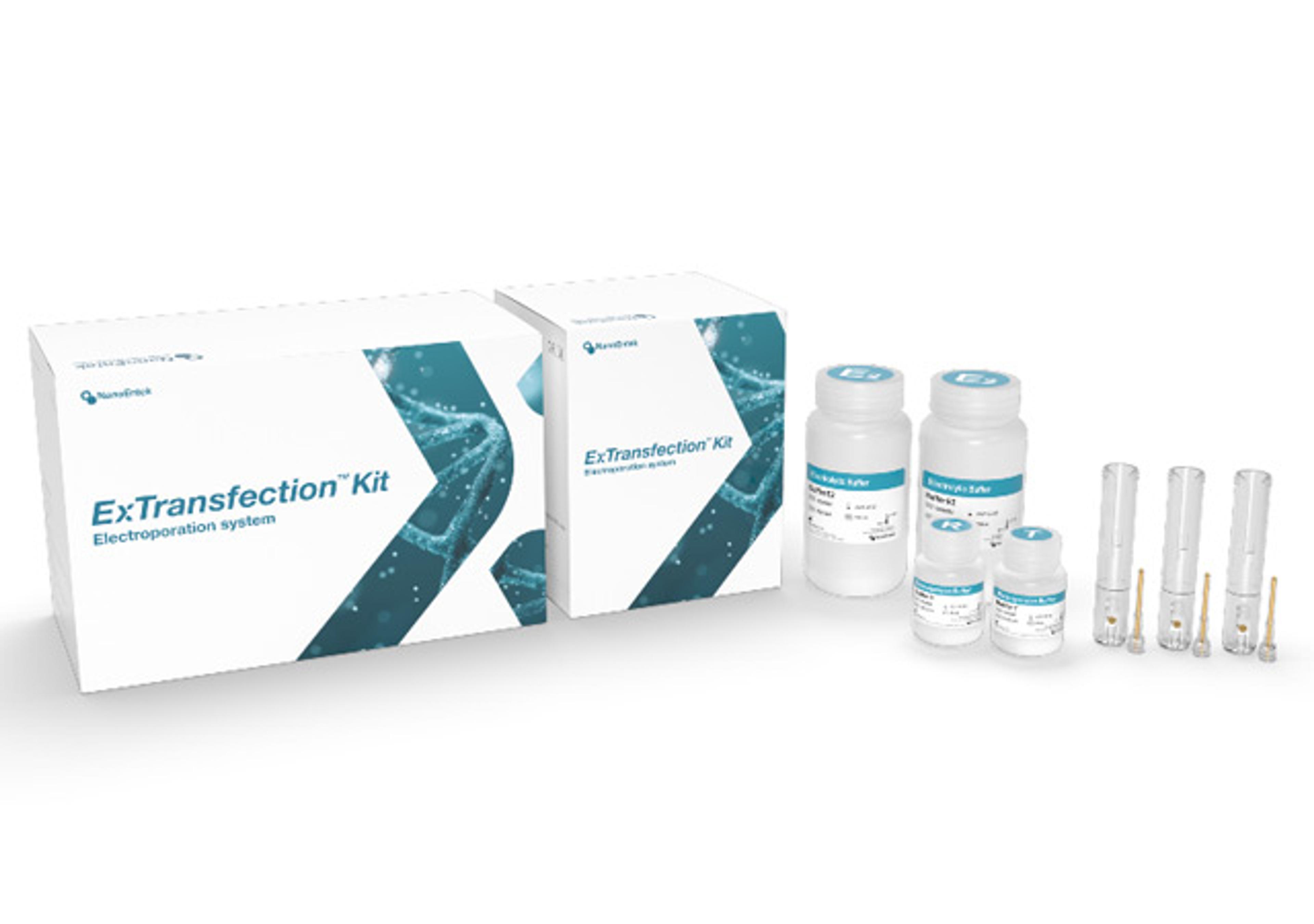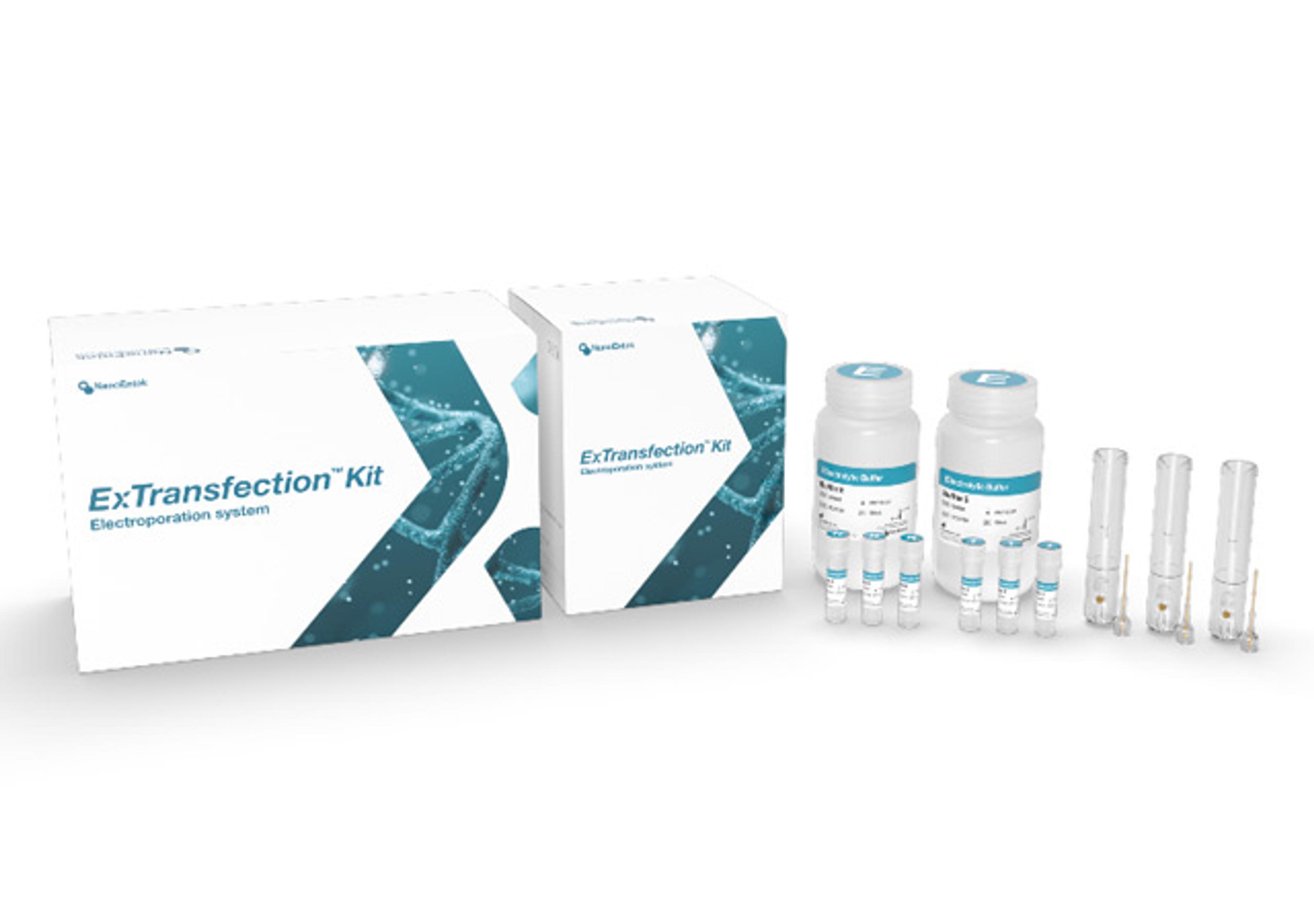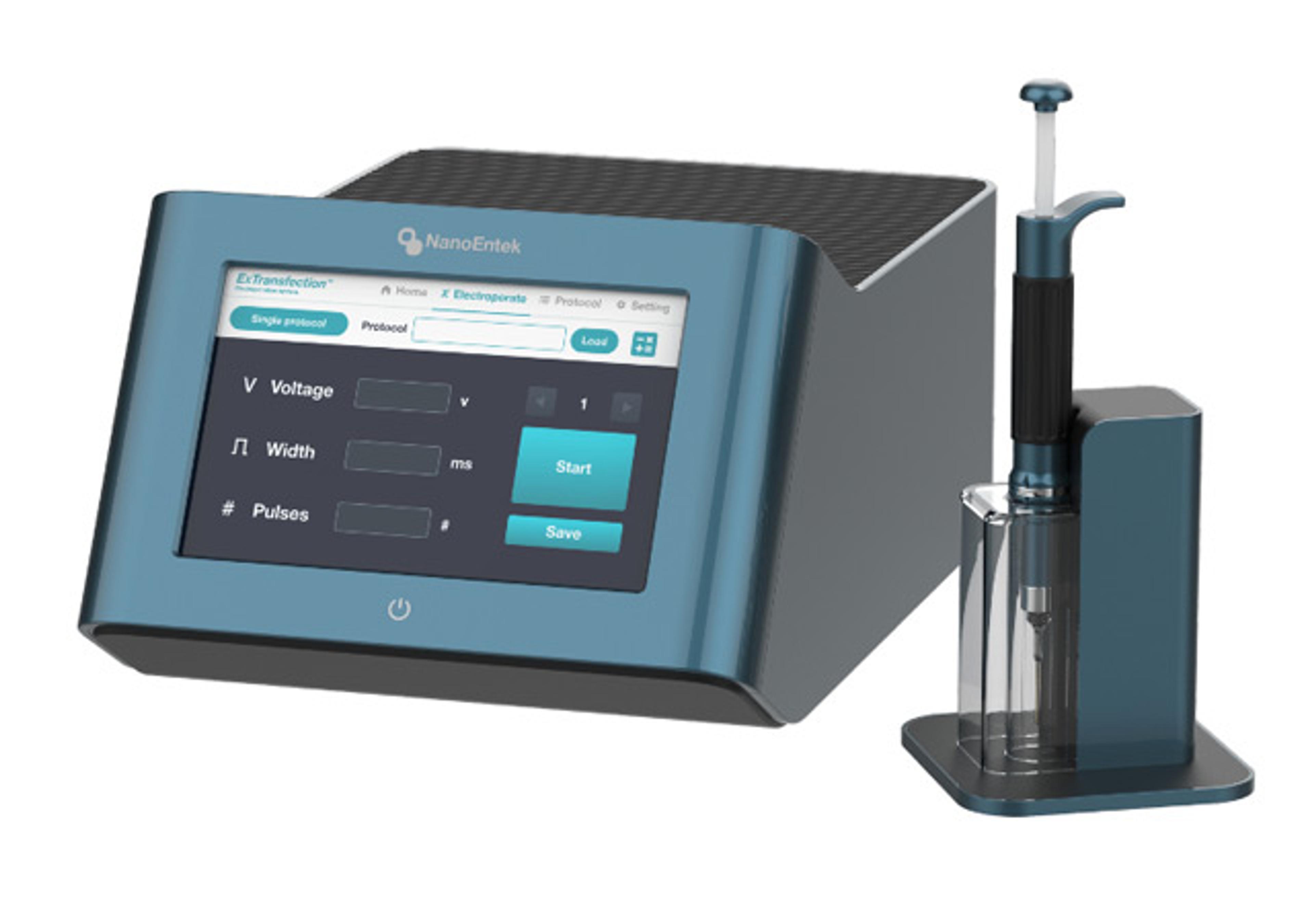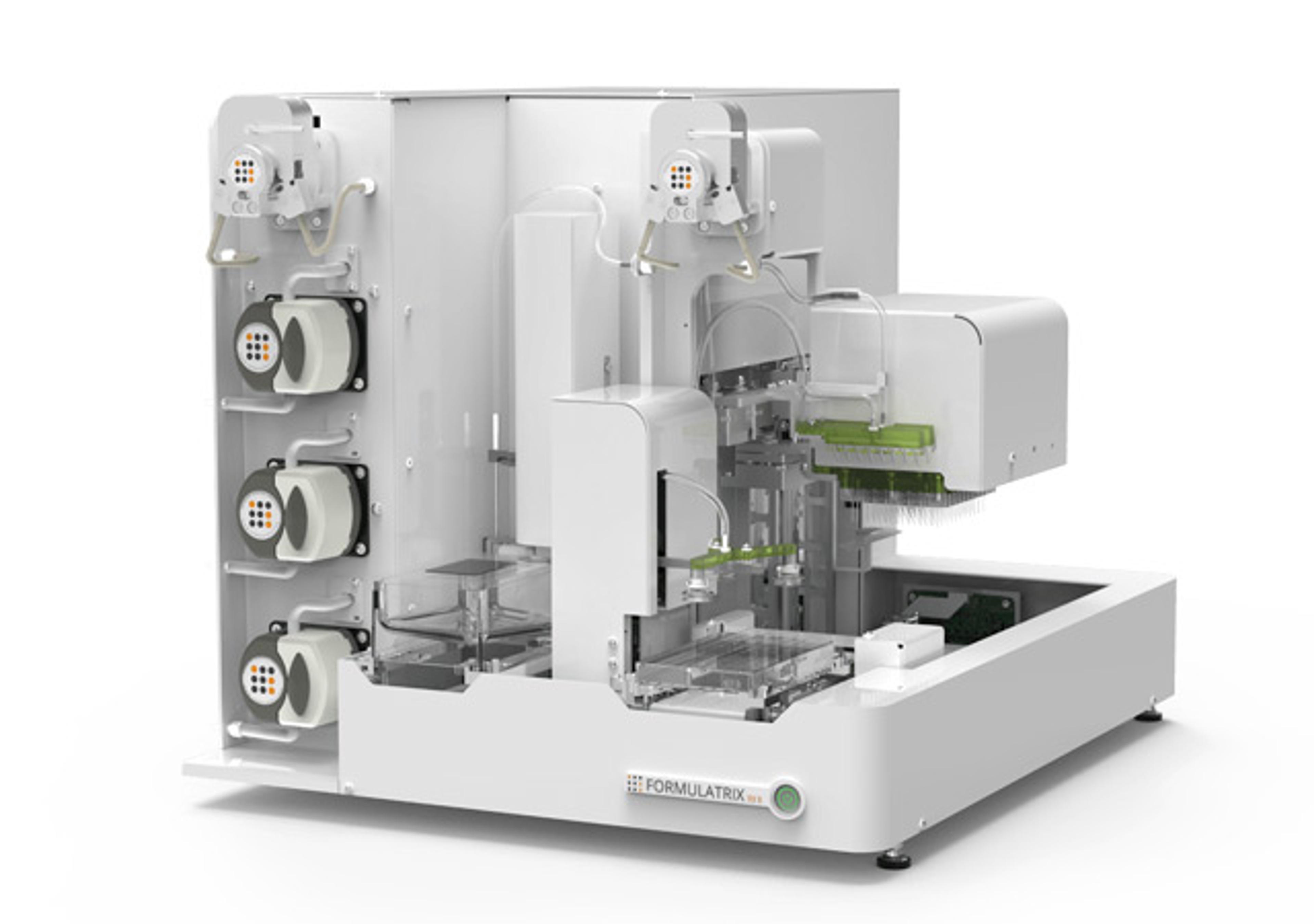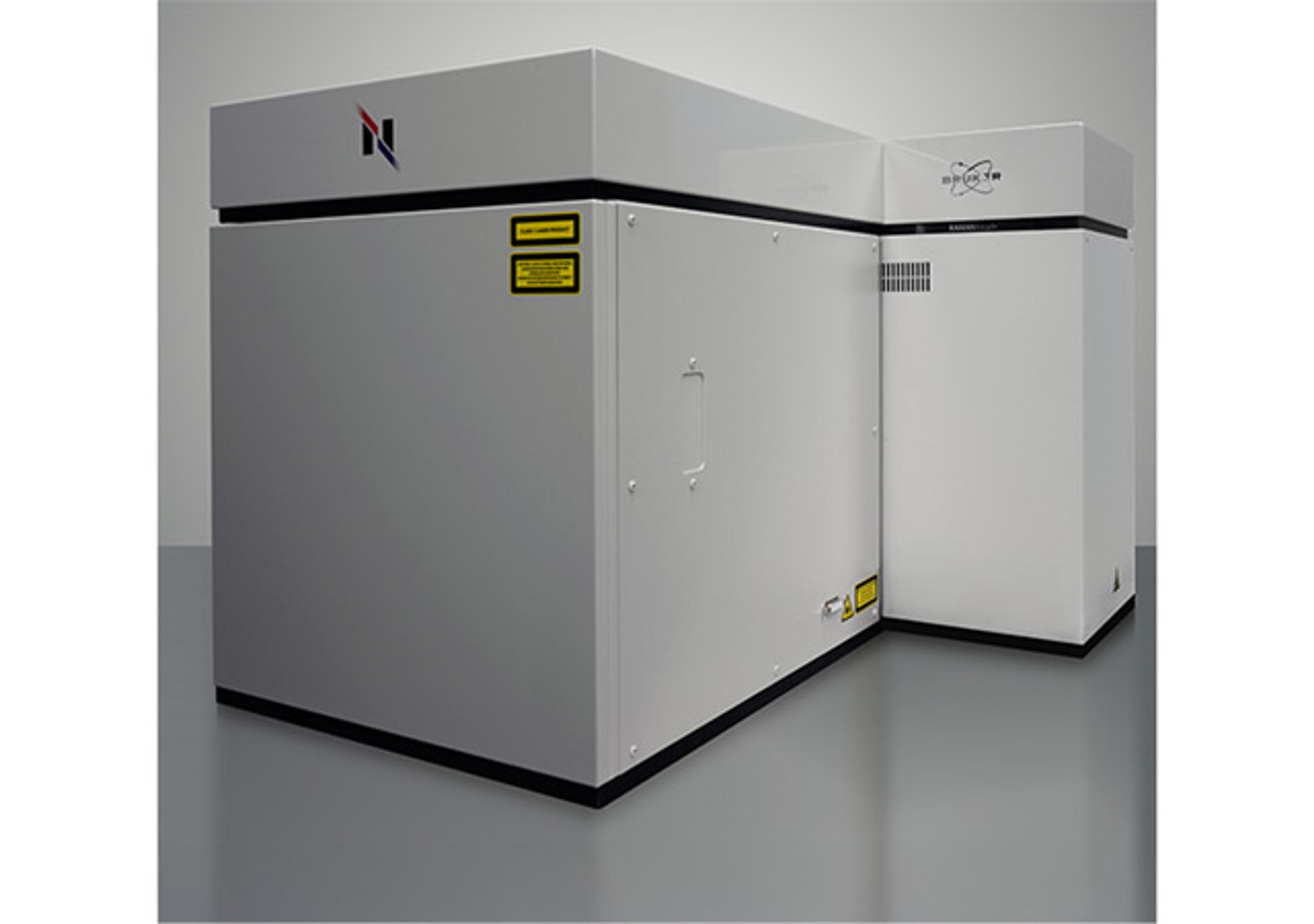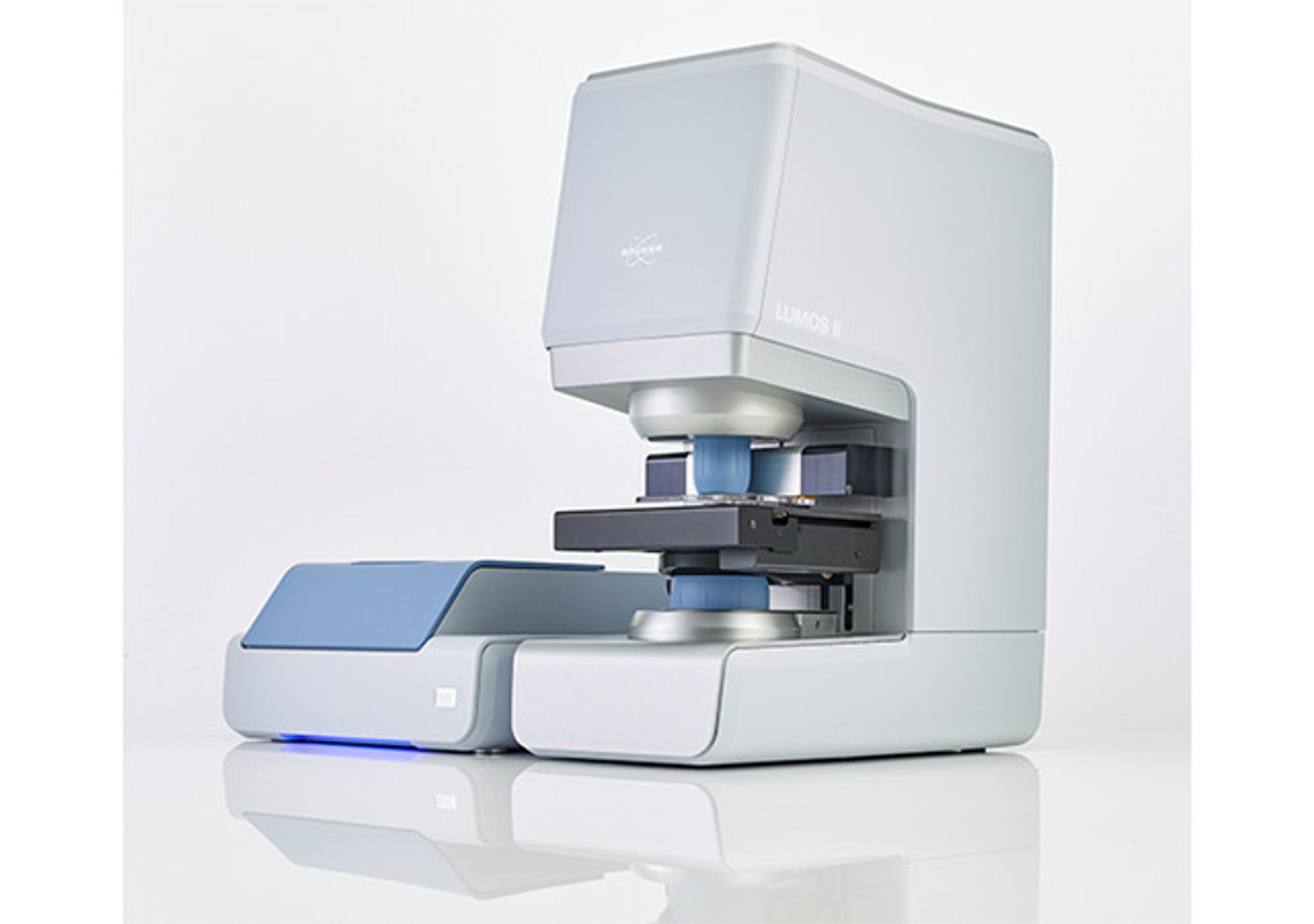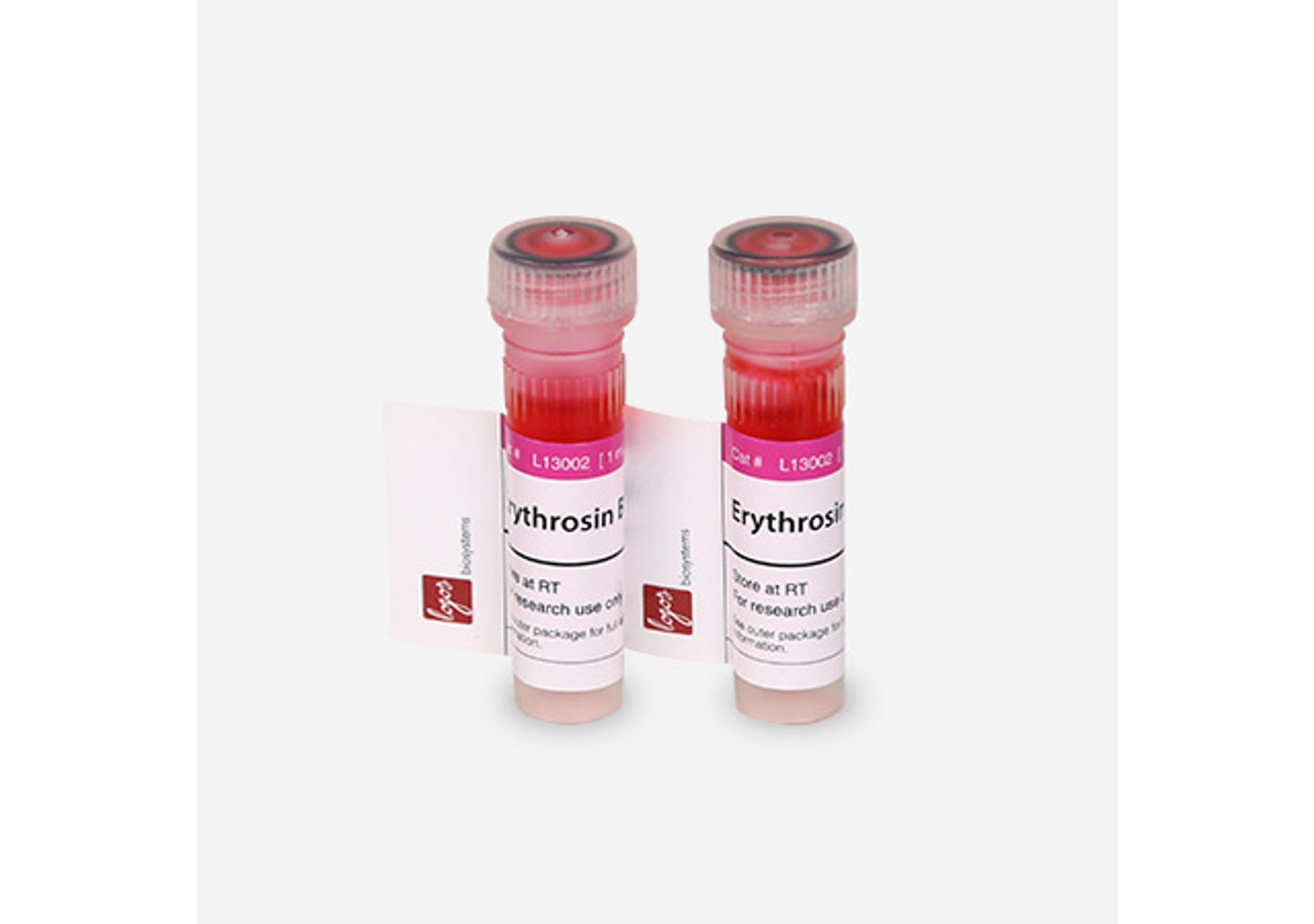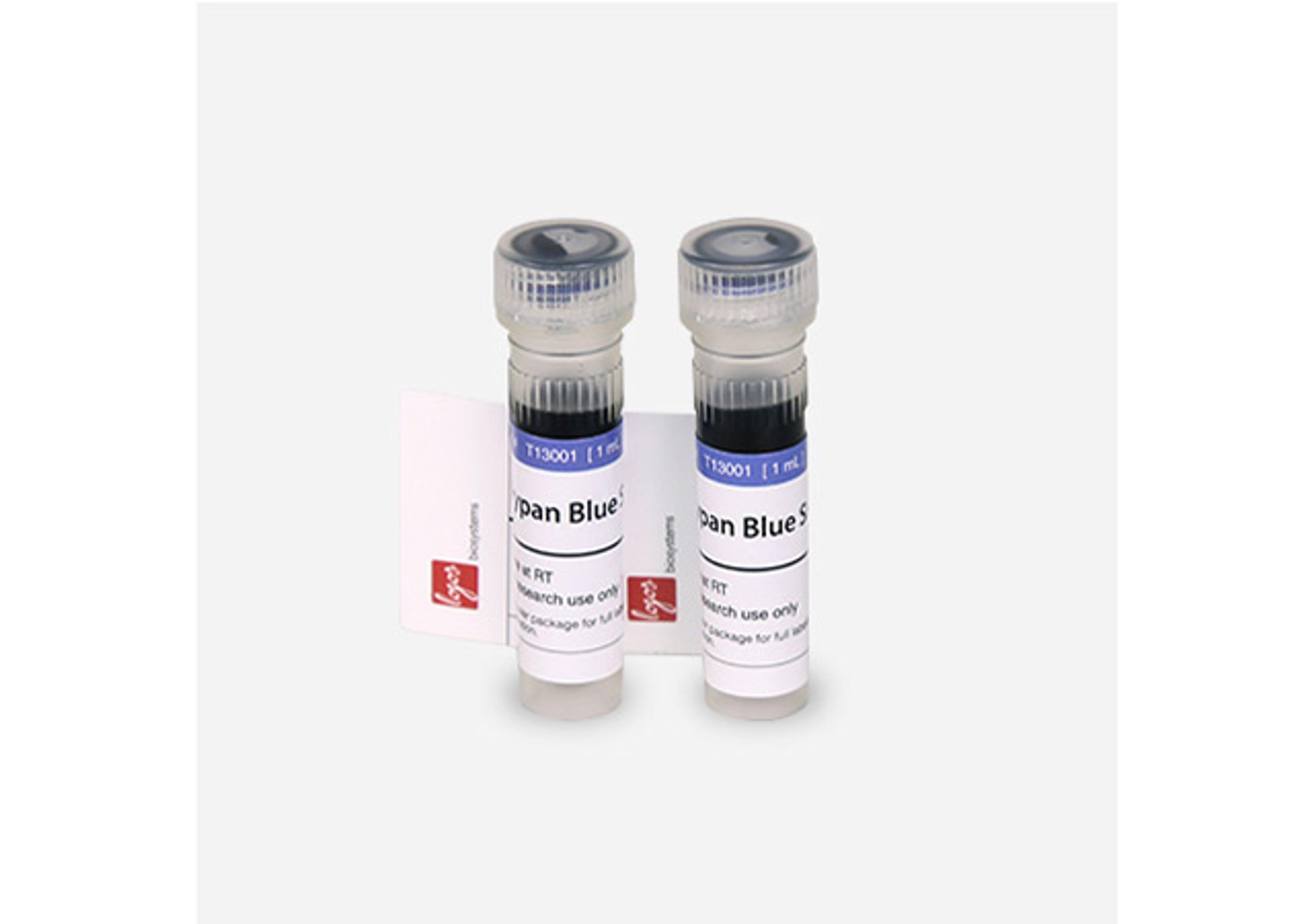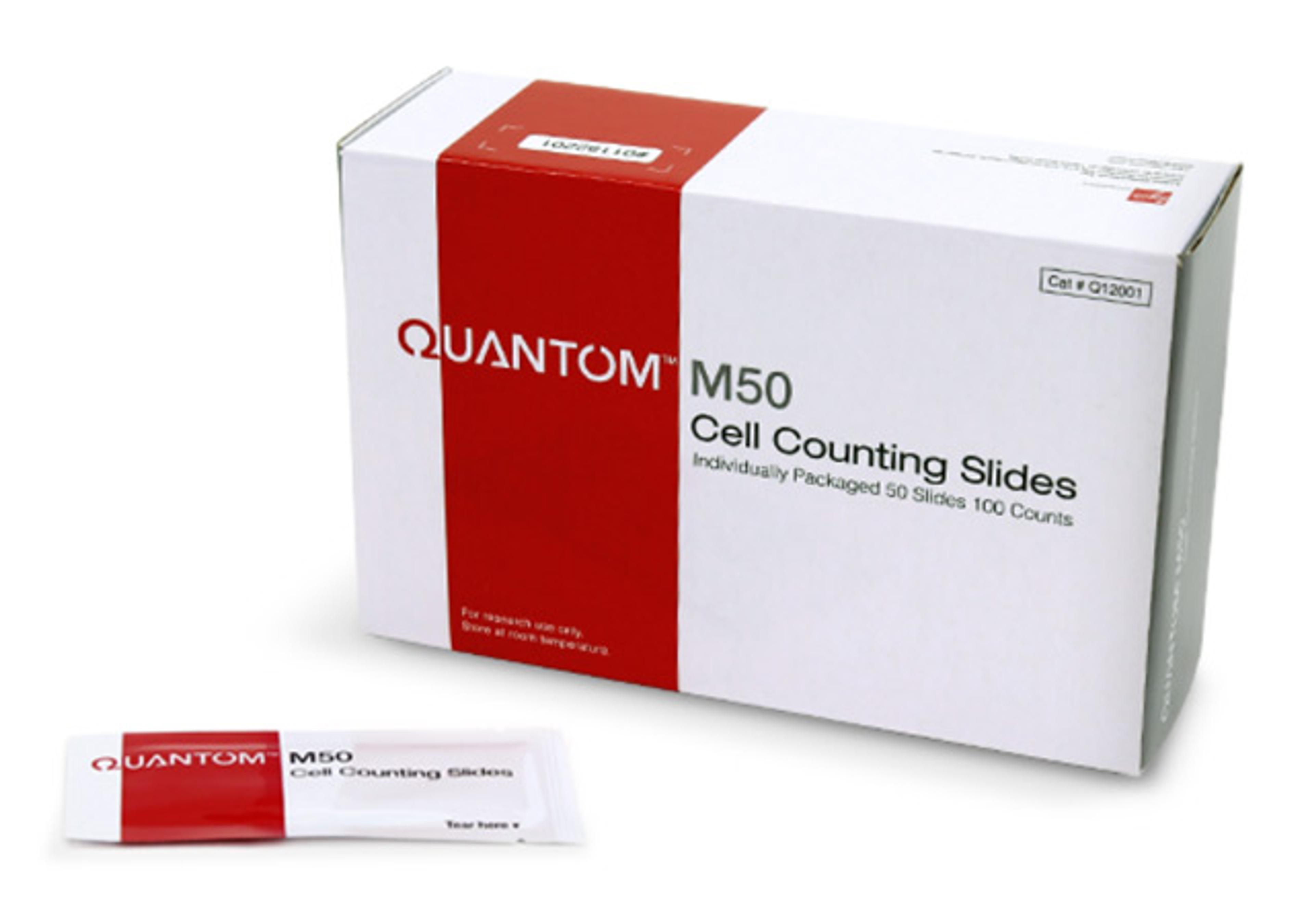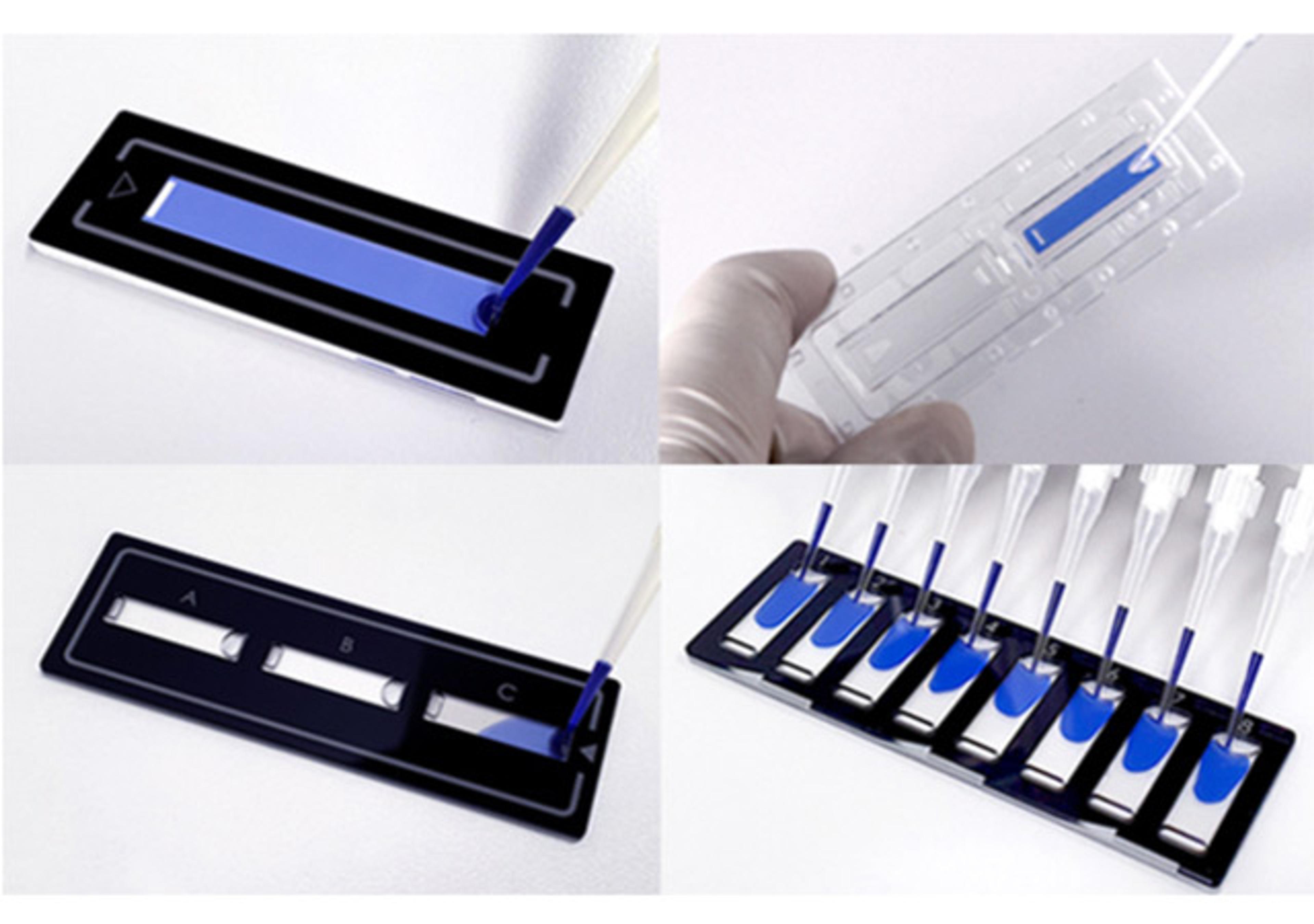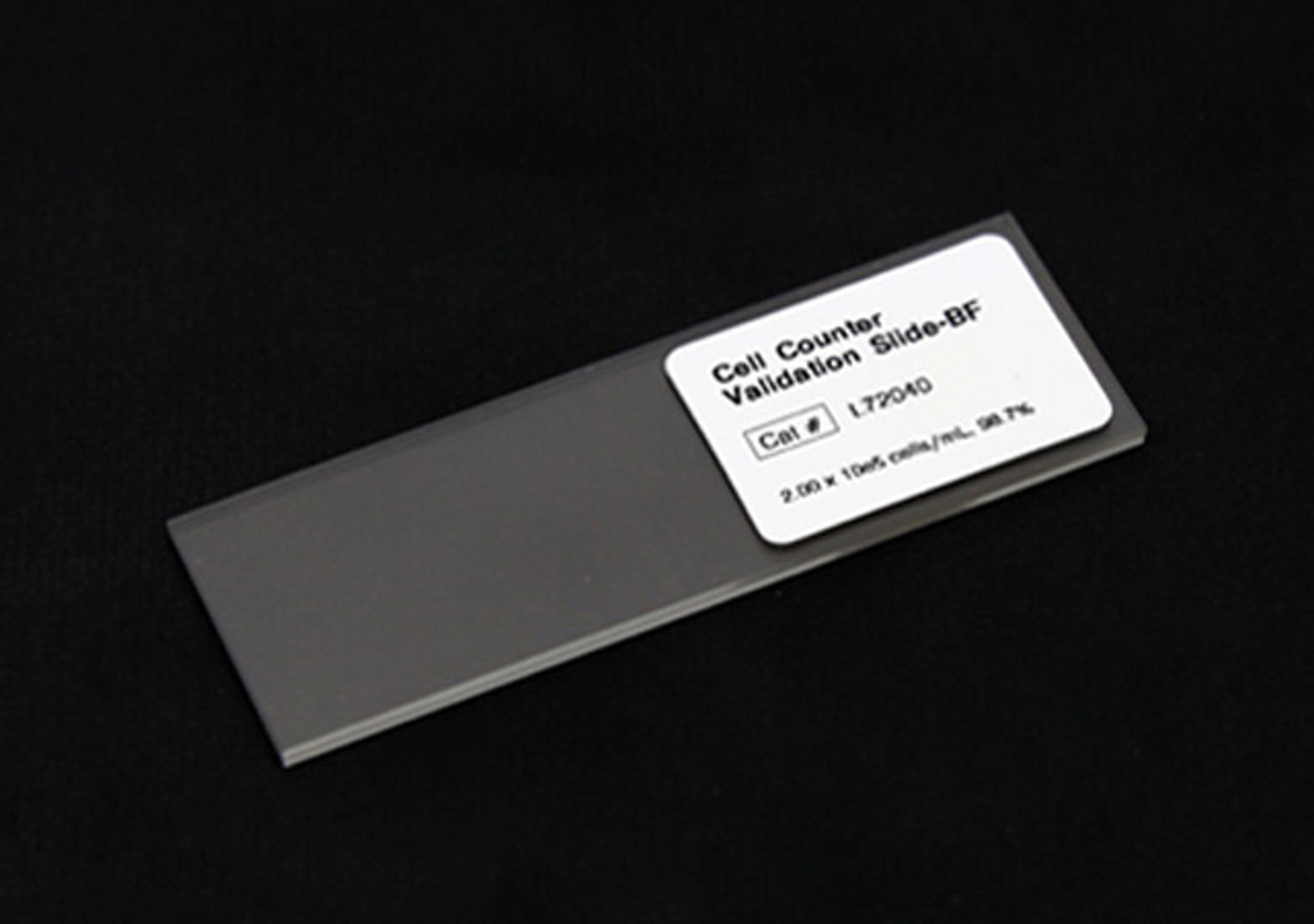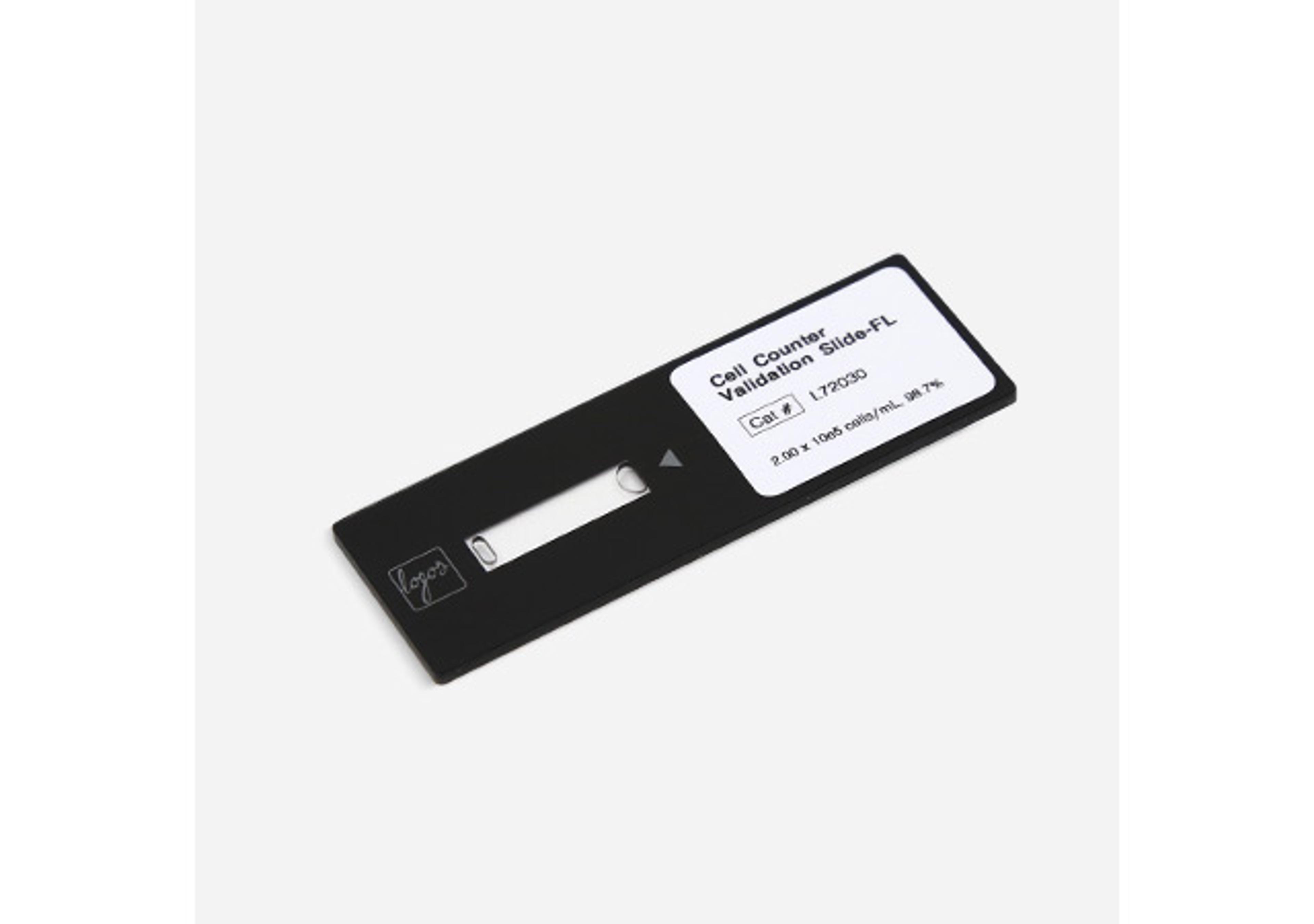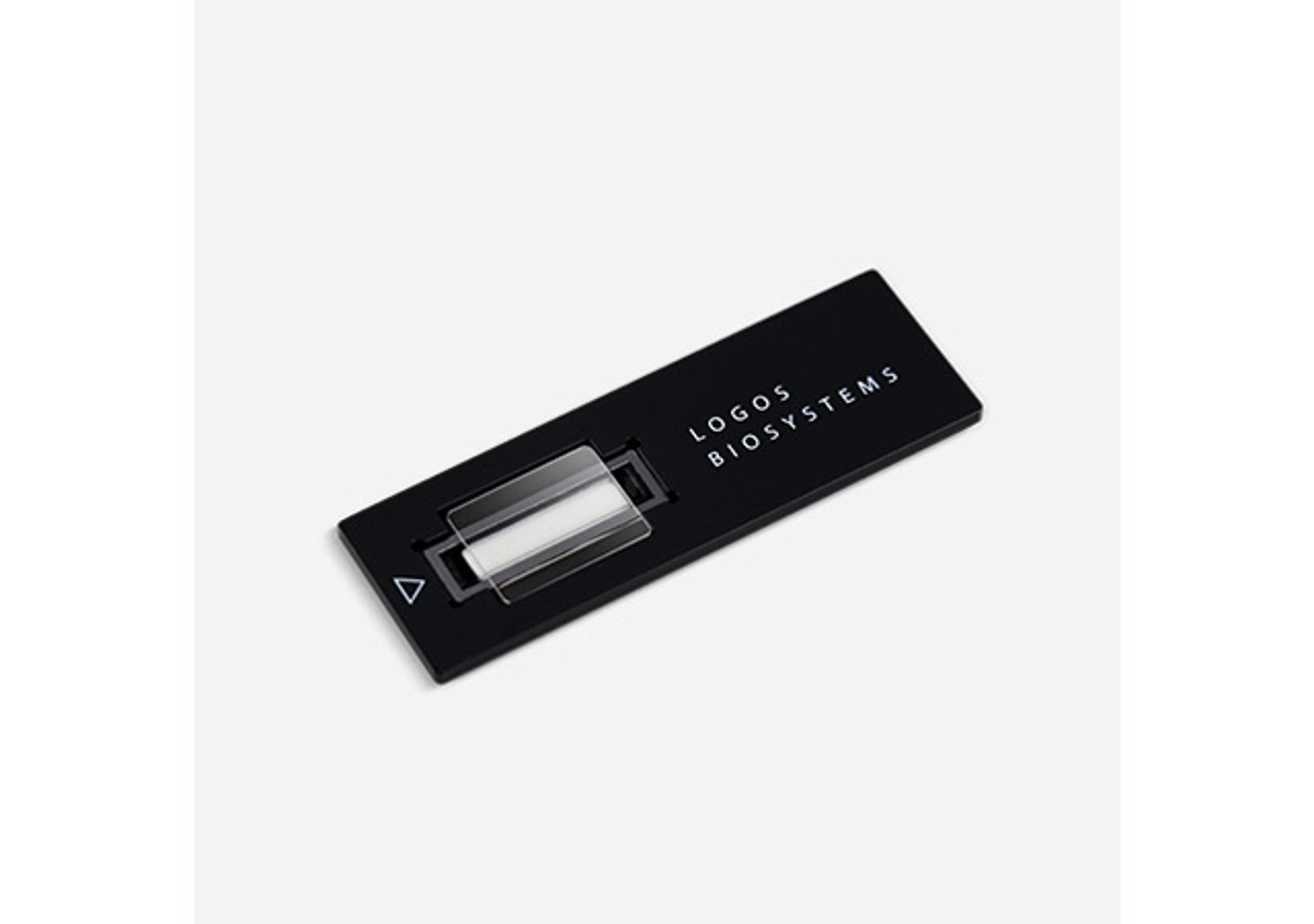Invitrogen™ eBioscience™ Mouse Regulatory T Cell Staining Kit #1
The Mouse Regulatory T cell Staining Kit #1 contains buffers and monoclonal antibodies for CD4, CD25, and Foxp3 necessary to successfully stain and identify mouse regulatory T cells from human peripheral blood cells. The kit contains the following labeled monoclonal antibodies: Anti-Mouse CD4 FITC (RM4-5), Anti-Mouse CD25 APC (PC61.5), Anti-Mouse/Rat Foxp3 PE (FJK-16s), Rat IgG2a K Isotype Control PE, Anti-Mouse CD16/32 Purifi…

The supplier does not provide quotations for this product through SelectScience. You can search for similar products in our Product Directory.
The Mouse Regulatory T cell Staining Kit #1 contains buffers and monoclonal antibodies for CD4, CD25, and Foxp3 necessary to successfully stain and identify mouse regulatory T cells from human peripheral blood cells. The kit contains the following labeled monoclonal antibodies: Anti-Mouse CD4 FITC (RM4-5), Anti-Mouse CD25 APC (PC61.5), Anti-Mouse/Rat Foxp3 PE (FJK-16s), Rat IgG2a K Isotype Control PE, Anti-Mouse CD16/32 Purified.
The CD 4 monoclonal antibody (RPA-T4) reacts with human CD4, a 59 kDa glycoprotein found on the surface of the majority of thymocytes, a subset of mature T cells (T helper cells), and at lower levels on monocytes. The CD25 monoclonal antibody (BC96) reacts with human CD25 (also known as interleukin-2 receptor alpha, IL-2R alpha), a 55 kDa surface protein expressed by early progenitors of T cells and B cells, by mature, activated T cells and B cells, and at constitutively high levels on regulatory T cells. The Foxp3 monoclonal antibody (PCH101) reacts with the amino terminus of human Foxp3 also known as FORKHEAD BOX P3, SCURFIN, and JM2. Foxp3 is a 49-55 kDa protein and a member of the forkhead/winged-helix family of transcription factors. It was identified as the gene responsible for the X-linked lymphoproliferative disease observed in scurfy (sf) mice and in the human disorder, X-linked autoimmunity-allergic dysregulation syndrome (XLAAD). Constitutive expression of Foxp3 mRNA has been shown in CD4+CD25+ regulatory T cells (Treg), and ectopic expression of Foxp3 in CD4+CD25- cells imparts a Treg phenotype in these cells.




